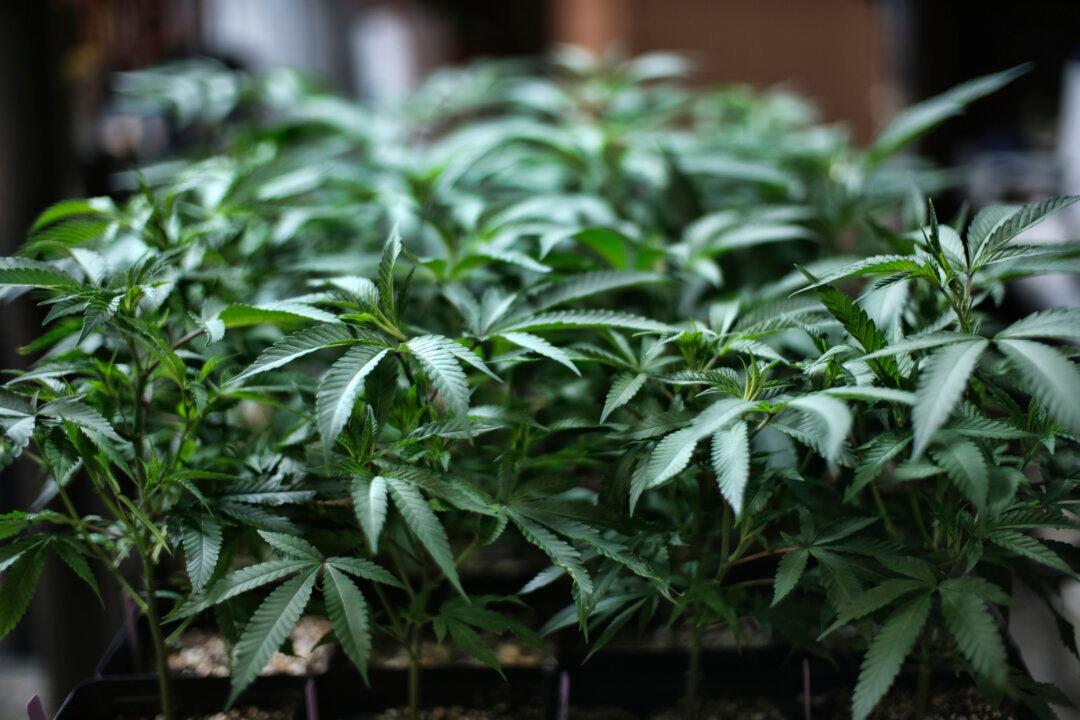The legalization of marijuana in various states has given rise to a chain of industries, including illegal cultivation, interstate trafficking, distribution, and money laundering; and the scale of the business is getting larger and larger. Some Chinese nationals are exploiting loopholes in the law to exploit the marijuana industry.
On Nov. 28, 2017, 54 Chinese nationals were arrested after Washington State Police raided a residence suspected of illegally growing marijuana. Approximately 35,000 marijuana plants estimated to be worth $80 million were seized. Investigators believe the illegally grown marijuana was primarily destined for U.S. East Coast markets, particularly New York.




